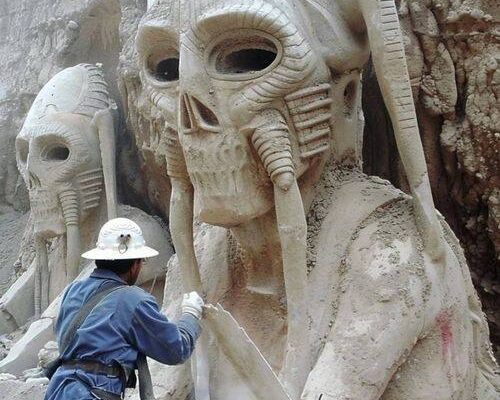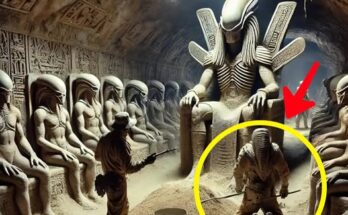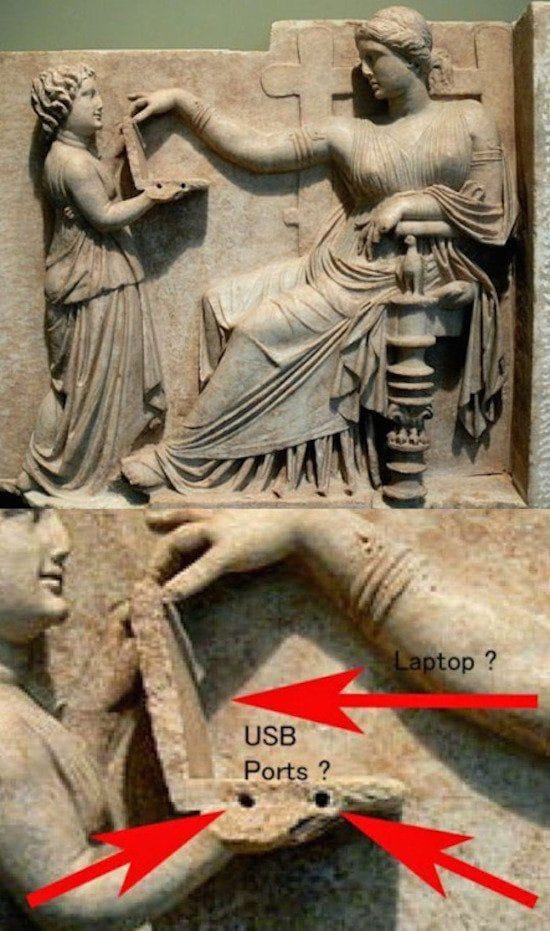
The Sahara Desert, a vast and seemingly barren expanse, has long been considered one of the most inhospitable places on Earth. However, recent scientific discoveries have unveiled hidden secrets beneath its shifting sands, revealing a complex and intriguing past. These discoveries are reshaping our understanding of the region and offering fascinating insights into the ancient world. Here are some of the most significant secrets scientists have unearthed under the Sahara Desert.
1. Ancient River Systems
Beneath the Sahara’s arid surface lies evidence of ancient river systems that once crisscrossed the desert. Satellite imagery and ground-penetrating radar have revealed these now-buried rivers, which date back thousands of years to a time when the Sahara was a lush, green landscape. These findings suggest that the region was once home to thriving ecosystems and possibly early human settlements that depended on these waterways for sustenance.
2. Lost Civilizations
Archaeologists have uncovered remnants of ancient civilizations buried under the Sahara’s sands. These include the ruins of cities, temples, and other structures that point to sophisticated societies that once flourished in the region. Among the most notable discoveries are the Garamantes, a civilization that built an extensive network of underground tunnels and irrigation systems. These findings challenge the notion of the Sahara as an eternal desert and highlight its dynamic climatic history.
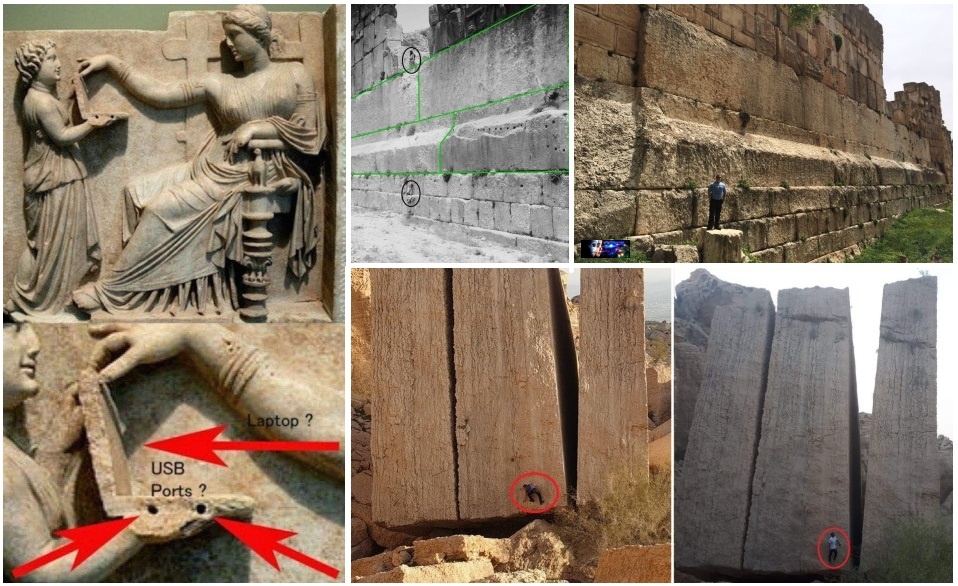
3. Prehistoric Artifacts
Numerous prehistoric artifacts have been found beneath the Sahara, including tools, pottery, and artwork. These artifacts provide evidence of early human activity and suggest that the desert was once a hub of cultural and technological development. Cave paintings and rock carvings depicting animals, humans, and enigmatic symbols have been discovered, offering glimpses into the lives and beliefs of ancient peoples who inhabited the region.
4. Meteorite Impact Craters
Scientists have identified several large meteorite impact craters hidden beneath the desert sands. These craters, formed by ancient cosmic collisions, provide valuable information about the history of meteorite impacts on Earth. Studying these craters helps scientists understand the frequency and effects of such impacts, contributing to our knowledge of planetary defense and the potential risks posed by future meteorite collisions.
5. Fossilized Remains
The Sahara Desert has yielded an array of fossilized remains, including those of prehistoric animals and plants. These fossils reveal that the region was once a thriving habitat for a diverse range of species. Among the most significant finds are the remains of ancient whales, suggesting that parts of the Sahara were once covered by a vast sea. These discoveries offer a window into the region’s ancient ecosystems and the dramatic environmental changes it has undergone.
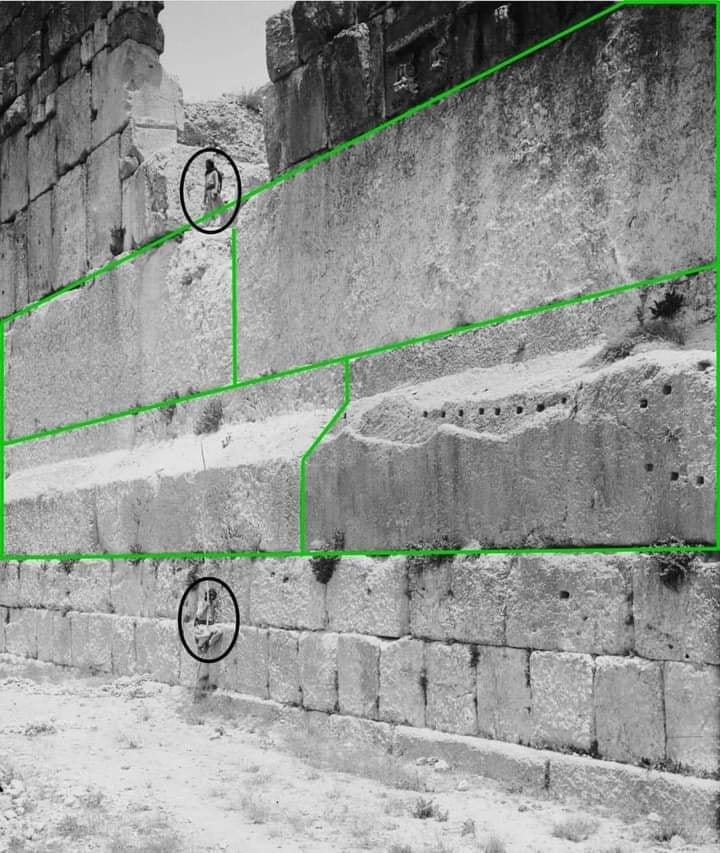
6. Subterranean Water Reserves
Hidden beneath the Sahara’s arid surface are vast reserves of underground water. These aquifers, some of which are among the largest in the world, have the potential to support agriculture and human habitation in the region. Scientists are studying these water reserves to understand their origins, distribution, and sustainability. The discovery of these hidden water sources is crucial for future water management and development in the arid regions of North Africa.
7. Buried Trade Routes
Historical evidence indicates that the Sahara Desert was once traversed by extensive trade routes. Archaeologists have found remnants of ancient caravans, including artifacts and remains of trade goods such as gold, salt, and spices. These trade routes connected sub-Saharan Africa with the Mediterranean world, facilitating the exchange of goods, ideas, and cultures. The discovery of these routes underscores the Sahara’s role as a bridge between diverse civilizations
